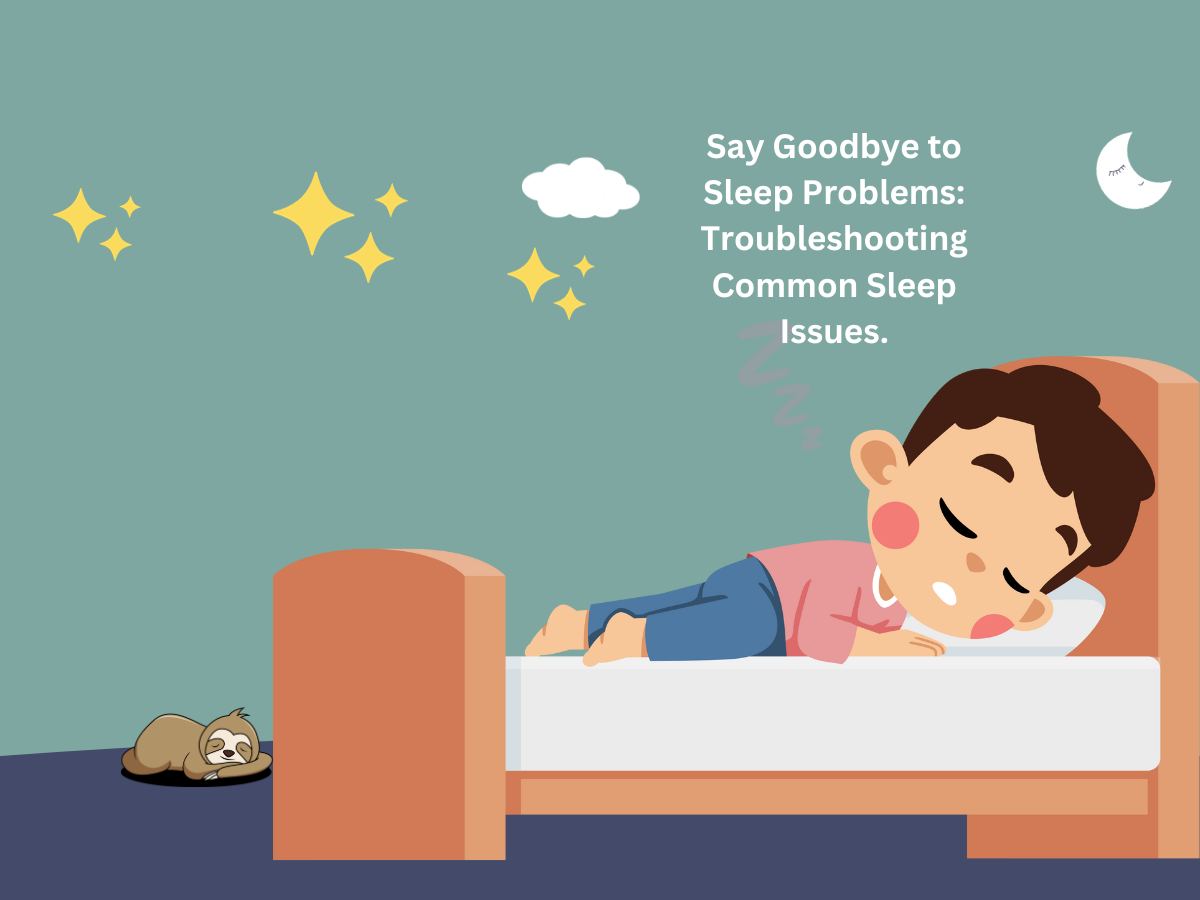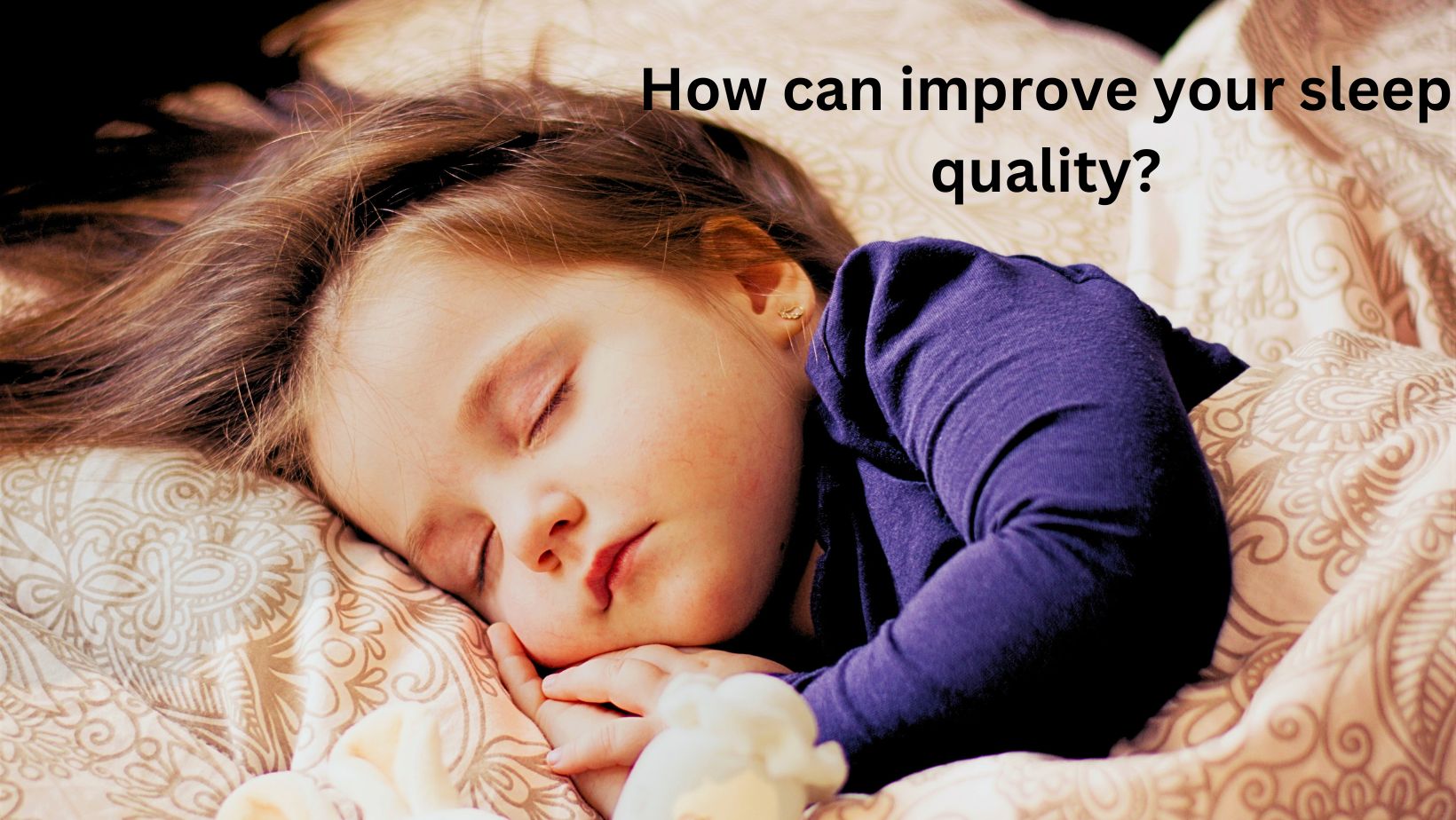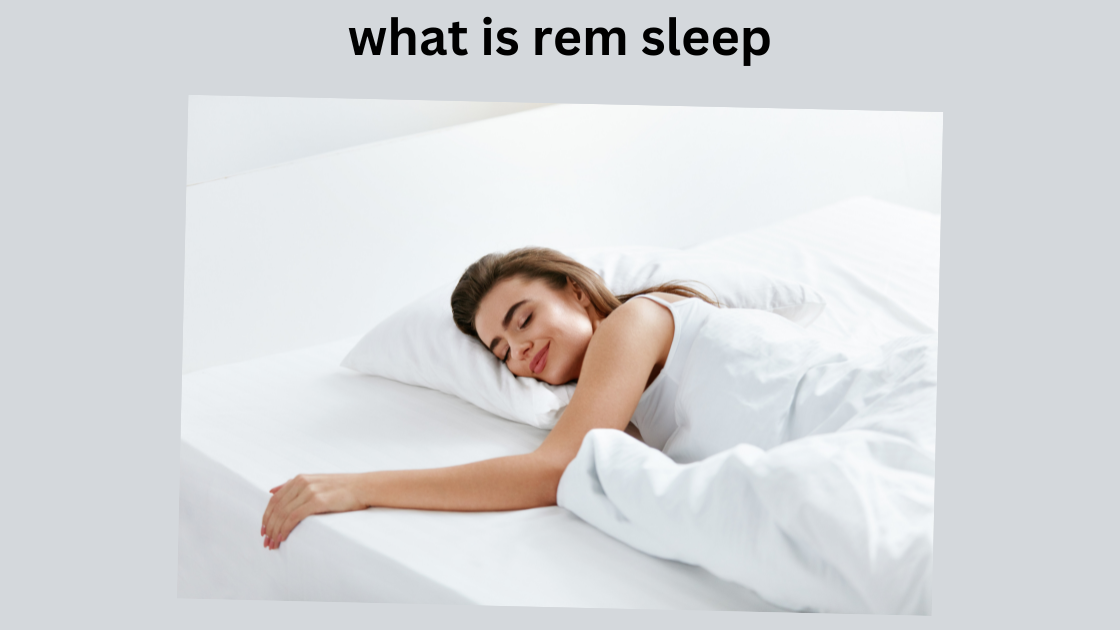Sleep Problem Symptoms
Introduction:
Sleep is an essential part of our daily routine that plays a vital role in maintaining good physical and mental health. However, many individuals experience sleep problems that can have a significant impact on their overall well-being. Recognizing and understanding the symptoms associated with sleep problems is crucial in addressing and managing these issues effectively. This article will explore various sleep problem symptoms, covering their manifestations, potential causes, and potential solutions.
Table of Contents:
1. Understanding Sleep Problems
2. Common Symptoms of Sleep Problems: 2.1 Insomnia 2.2 Excessive Daytime Sleepiness 2.3 Sleep Apnea 2.4 Restless Leg Syndrome 2.5 narcolepsy
3. Causes of Sleep Problems
4. Diagnosis and Treatment Options for Sleep Problems
5. Seeking Professional Help
6. Conclusion
Know More – How can improve your sleep quality?
Understanding Sleep Problems:
Sleep problems encompass a wide range of conditions that interfere with an individual’s ability to obtain sufficient and restorative sleep. Such problems may include difficulty falling or staying asleep, inadequate quality of sleep, or abnormal behaviors during sleep. Identifying and acknowledging these sleep problem symptoms is the first step towards finding appropriate solutions and improving overall sleep health.
Common Symptoms of Sleep Problems
1. Insomnia: Insomnia is a pervasive sleep disorder characterized by difficulty falling asleep, staying asleep, or experiencing non-restorative sleep. Common symptoms include difficulty initiating sleep, waking up frequently during the night, and feeling tired upon waking. Insomnia can significantly impact daytime functioning, leading to fatigue, irritability, and difficulty concentrating.
2. Excessive Daytime Sleepiness: Excessive daytime sleepiness refers to an overwhelming urge to sleep and difficulty staying awake during usual waking hours. Individuals experiencing excessive daytime sleepiness may struggle to stay alert and engage in activities, making it challenging to concentrate and perform daily tasks effectively. This symptom may indicate an underlying sleep disorder, such as sleep apnea or narcolepsy.
3. Sleep Apnea: Sleep apnea is a sleep disorder characterized by repeated episodes of interrupted breathing during sleep. Symptoms may include loud snoring, frequent awakenings due to gasping or choking, and daytime sleepiness. Sleep apnea can significantly impact an individual’s quality of sleep, leading to fatigue, impaired cognitive function, and increased risk of cardiovascular issues if left untreated.
4. Restless Leg Syndrome: Restless Leg Syndrome (RLS) is a neurological disorder that causes a compelling urge to move the legs, typically occurring during periods of rest or inactivity. Individuals with RLS may experience unpleasant sensations in their legs, such as tingling, crawling, or throbbing, leading to sleep disturbances. RLS can significantly disrupt sleep patterns, resulting in daytime fatigue and diminished quality of life.
5. Narcolepsy: Narcolepsy is a neurological disorder characterized by sudden and uncontrollable episodes of excessive daytime sleepiness, often accompanied by sudden muscle weakness or paralysis (cataplexy). Individuals with narcolepsy may experience sudden sleep attacks, hallucinations, and disturbed nighttime sleep. This condition can significantly impact an individual’s daily functioning and safety.
Causes of Sleep Problems
Various factors can contribute to the development of sleep problems. Some common causes include:
- Stress and anxiety
- Depression and other mental health disorders
- Medications
- Certain medical conditions (e.g., respiratory disorders, chronic pain)
- Poor sleep hygiene (irregular sleep schedule, excessive caffeine intake)
- Environmental factors (e.g., noise, temperature)
Understanding the underlying causes of sleep problems is crucial for effective management and treatment strategies.
Diagnosis and Treatment Options for Sleep Problems
Diagnosing sleep problems often involves comprehensive evaluations, including reviewing medical history, and sleep diaries, and potentially undergoing a sleep study (polysomnography). Once diagnosed, appropriate treatment options can be recommended based on the specific sleep problem.
- Insomnia: Cognitive-behavioral therapy for insomnia (CBT-I), sleep hygiene practices, relaxation techniques, and, if necessary, medication.
- Sleep Apnea: Continuous Positive Airway Pressure (CPAP) therapy, dental devices, positional therapy, weight loss, and surgery in severe cases.
- Restless Leg Syndrome: Medications targeting specific neurotransmitters, lifestyle modifications, and avoiding triggers such as caffeine.
- Narcolepsy: Medications to manage excessive daytime sleepiness and cataplexy, lifestyle modifications, and scheduled naps.
Know More..Best ways to solve sleep problems.
Seeking Professional Help
If sleep problems persist or significantly impact daily life, it is important to seek professional help from sleep specialists, such as sleep doctors or neurologists. They can provide a comprehensive evaluation, accurate diagnosis, and recommend appropriate treatment plans tailored to individual needs.
Conclusion
Sleep problems can significantly affect an individual’s physical and mental well-being. Recognizing the symptoms associated with sleep problems is crucial in addressing and managing these issues effectively. By understanding the various sleep problem symptoms, their potential causes, and treatment options, individuals can seek appropriate help and ultimately improve their sleep quality and overall quality of life.
Rejun
Welcome to RejunHub.com- Your Trusted Source for Health and Wellness Insights!. Discover a healthier you with my experience health and wellness tips. Join my community for a vibrant life. Your well-being is our priority!.








